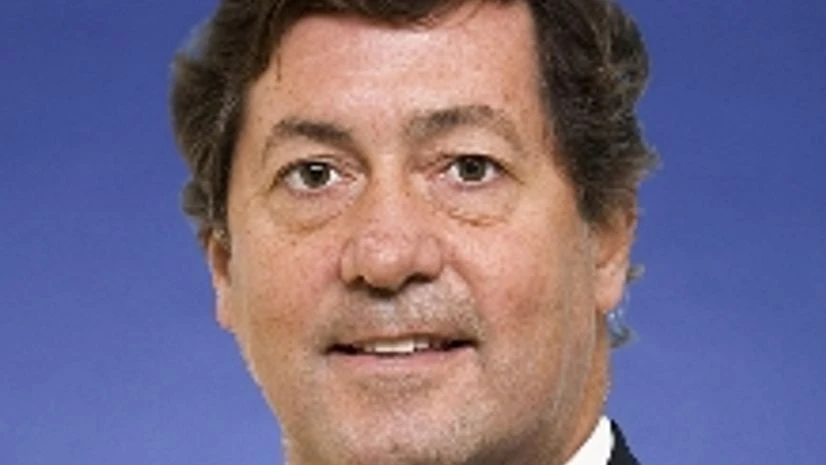Notwithstanding protests against nuclear power addition, Westinghouse Electric Company is pursuing its plan to supply reactors. After the signing of primary commercial pact in September with Nuclear Power Corporation (NPC), in an exclusive interview with Sanjay Jog, company's senior vice president Jeff Benjamin explains India investment strategy.
Is Westinghouse still bullish on India despite rising opposition to nuclear power especially after the Fukushima accident?
Yes, we are very optimistic about the opportunities to work with our customer to develop AP 1000 plant projects that will help to meet India’s energy needs. It’s important to note that the AP1000 plant’s design would enable it to withstand an event like the one at Fukushima. Cooling of the reactor core at the Fukushima Daiichi plant failed because all AC power was lost. During a station blackout, or loss of all electrical power, the AP 1000 plant’s passive safety systems are designed to shut down the reactor safely and automatically, without the need for AC power. These safety systems are driven by natural forces such as gravity, convection, condensation and natural circulation that do not need AC power.
More From This Section
What will be the nature of the primary commercial agreement with NPC? Can you please explain the broad features of the deal?
The contract is for early engineering studies that will provide NPC with more comprehensive, detailed information for developing AP 1000 plants in the country. This work will enable us to move rapidly into the next phases of project licensing and development.
When will the preliminary safety analysis be complete?
The early engineering studies are scheduled to take place over the next two years.
When can you expect the signing of final works contract for the supply of AP 1000? What will be the estimated cost of supply?
Both the timing and the cost of a final contract will depend on a number of factors. We will work with our customer to move toward a contract agreement as quickly and efficiently as possible.
What efforts are made at Westinghouse to make it competitive for AP 1000 reactors as it needs to comparable with coal-based power generators?
After safety and quality, the top goal of the Westinghouse engineers who designed the AP 1000 plant was to create a plant that is economical to construct and maintain, and promotes ease of operation. AP 1000 plants are built using modular construction techniques, which allow many more construction activities to proceed in parallel. Together with a standardized plant design, this reduces the time for plant construction – which in turn reduces the cost of money and the exposure risks associated with plant financing. Westinghouse is continuously applying lessons learned from the ongoing AP 1000 projects in China and the United States to achieve even more efficient construction timetables in the future.
What efforts are being made to promote localization? Are you going to tie up with Indian manufacturers to reduce cost?
Westinghouse has extensive experience in localization. This philosophy is summed up in the phrase, “We Buy Where We Build.” India has a mature and competent nuclear manufacturing capability. We will work with local companies to source equipment and services that create local jobs and help to reduce overall project costs. This effort will also help the local supply chain to support the eventual maintenance and spare parts requirements.
What are your views on India's civil nuclear liability act and rules? Will Westinghouse give a re-look to supply reactors as it will be covered by the Indian liability regime?
Nuclear liability is a concern for all international and in-country suppliers in India. We are confident that India will take steps to ensure that its liability legislation is consistent with multilateral international conventions. The Convention on Supplementary Compensation (CSC) is an important IAEA-sponsored initiative. It commits the international community to common standards in accordance with prevailing international standards to ensure timely compensation to victims in the unlikely event of a nuclear incident.

)
